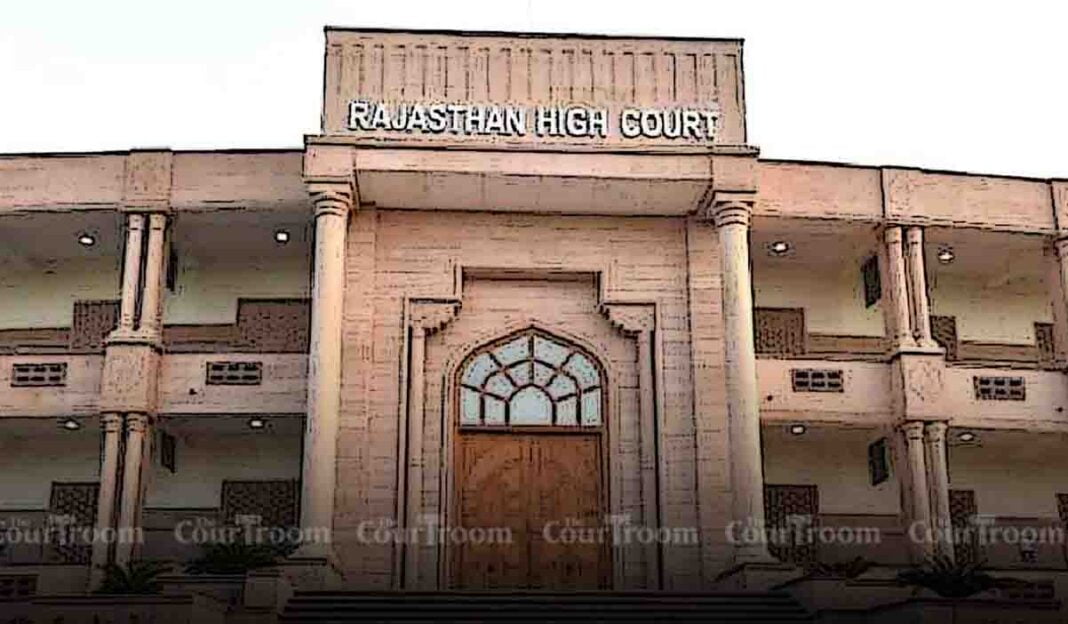Rajasthan High Court Sets New SOP for Police Protection of Couples Facing Threats and Harassment
The Rajasthan High Court has established a new Standard Operating Procedure (SOP) to ensure enhanced police protection for couples threatened or harassed due to their choice of partner. The decision, rendered on Friday, underscores the court’s commitment to safeguarding individual autonomy against social pressures and extra-legal threats.
Justice Sameer Jain emphasized the constitutional duty of police authorities to provide robust protection to couples whose relationships face threats from social actors or groups imposing dominant social norms. The Court’s SOP aims to create a systematic approach for ensuring these couples receive the protection they need.
Key directives of the SOP include:
- Representation to Nodal Officer: Couples facing threats can file a complaint with a designated Nodal Officer, who may or may not have territorial jurisdiction over the issue. The Nodal Officer is responsible for implementing interim protection measures as needed.
- Timely Decisions: The Nodal Officer must consider and decide on the representation within 7 days of receipt. If the applicant is dissatisfied with the Nodal Officer’s decision or inaction, they can escalate the matter to the Superintendent of Police.
- Superintendent of Police Review: The Superintendent of Police is required to address the representation within 3 days. Should the applicant remain aggrieved by the decision or inaction, they can file a complaint with the Police Complaints Authority.
- High Court Recourse: If the Police Complaints Authority’s decision is unsatisfactory or delayed, the applicant can seek redress from the High Court under Article 226 of the Constitution.
- Online Filing Mechanism: The Court directed the State government to establish an online platform for filing complaints and tracking the status of proceedings.
- Mediation: In cases where threats originate from family members, the Nodal Officer may conduct mediation to resolve disputes amicably.
The Court’s ruling also extends protection to individuals beyond couples, including women facing threats for not conforming to familial or societal expectations, and senior citizens resisting undue demands from political or social groups.
This directive came in response to a case involving a young couple who married earlier this year and faced threats from the woman’s family. The Court observed a recurring trend of individuals approaching the judiciary directly due to inadequate initial police response.
The Court noted that this issue reflects a broader systemic problem, which necessitates judicial intervention to protect lives and liberties.
Additionally, the Court instructed the State government to ensure the Police Complaints Authorities at both state and district levels are properly appointed, in line with Supreme Court directives in the Prakash Singh case.
The next hearing for compliance with these directions is scheduled for September 9.
Representing the petitioners were Advocates Tribhuvan Narayan Singh, Sukhdev Singh Solanki, Chitrank Sharma, Moharpal Meena, Arvind Balot, Prakash Thakuriya, and Suresh Kumar. Advocates GS Rathore and Atul Sharma appeared for the State.
(With inputs from agency)
Share your news, articles, deals, columns, or press releases with us! Click the link to submit and join our platform today.


